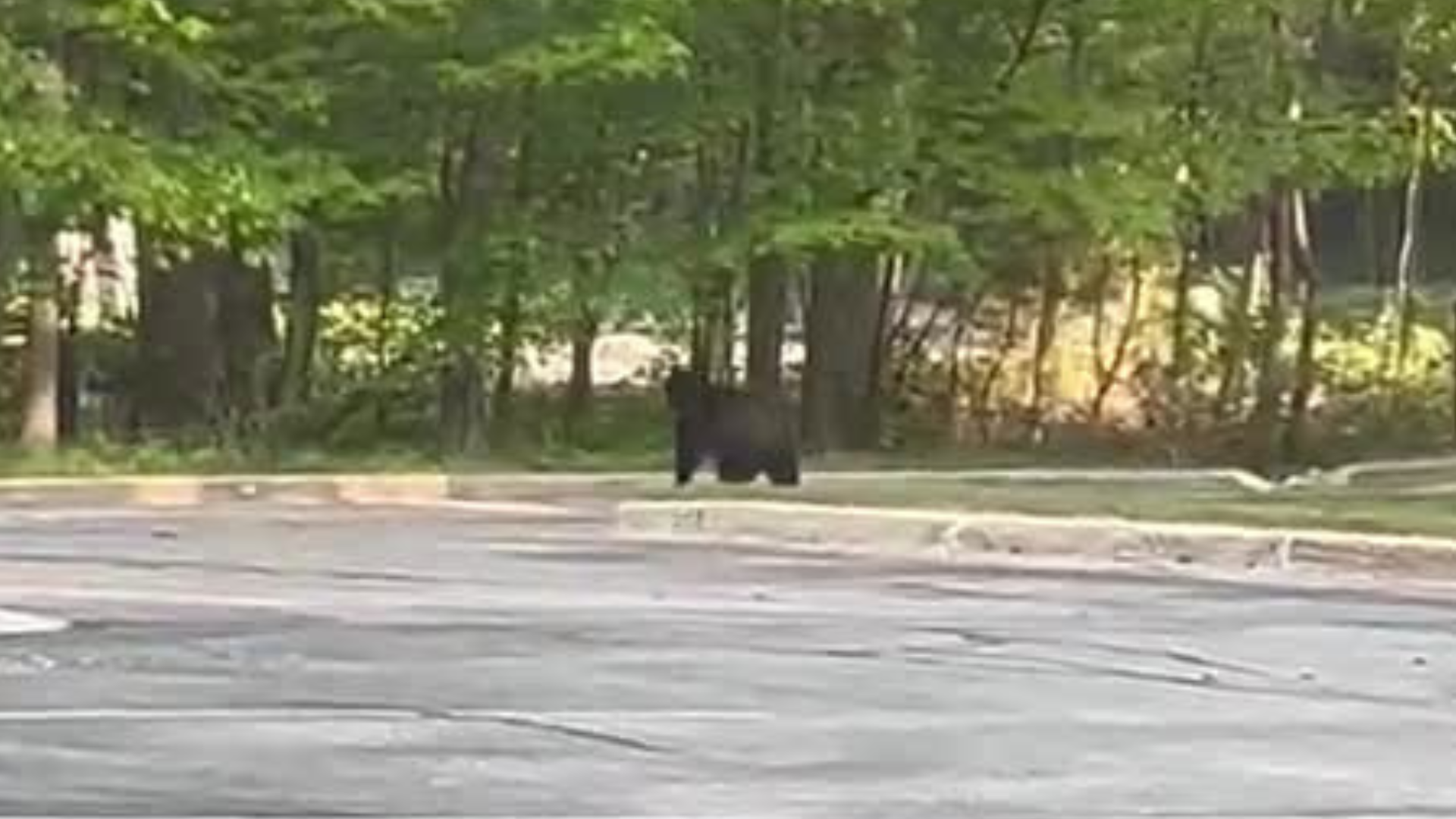
The removal of comes just three weeks after an with allegations of neglect and abuse. Forty dogs were removed from that home, but it was not the first time that breeder has been investigated.
So what goes into these investigations? And why does it take so long for local law enforcement to look into conditions of these breeders?
“I think that we’re starting to see the true scope of what the puppy mill industry is in Michigan,” said Molly Tamulevich, The Humane Society of the United States Michigan State Director.
Tamulevich said while these two situations are terrible, there are other breeders throughout Michigan that are neglecting their animals, too.
“There can be huge puppy mills, over 100s and 100s of dogs, or they can be very small ones, maybe specializing in one breed,” she said. “The conditions that those dogs are living in are really abysmal.”
John Goodwin is The Humane Society of The United States Senior Director of the Stop Puppy Mills campaign.
He said it can take a lot for these properties to pop up on the radar of law enforcement.
“Puppy mills are usually hidden from sight, because if the consumers saw the conditions these dogs were in, they would never buy puppies from these particular people,” said Goodwin. “These mills are hidden from sight, and that makes it very difficult for law enforcement to stumble upon them.”
Law enforcement also need a reason to investigate a property.
“For a sheriff’s deputy to gain access to a property, he or she needs what’s called probably cause or evidence that a crime has been committed, often a search warrant,” said Goodwin.
Once a property has the proper citations to be investigated, Tamulevich said the resources it takes to remove dogs and rehabilitate them can be a lot for areas who haven’t experienced a seizure.
“Imagine the skill, the money, the time that it takes, even when there is a seizure of these dogs, to conduct 100 veterinary exams, to find housing for them, these are incredibly complicated cases,” said Tamulevich.”You have to follow the steps very closely to make sure that you collect your evidence correctly, and a lot of people don’t have experience with that.”
For people who don’t have a handle on spaying and neutering, it results in many more dogs than they may be able to handle.
“Sometimes people don’t know how many animals are going to come out of the situation if they’re not spaying and neutering their animals,” said Tamulevich. “If they’re consistently acquiring animals, it’s not difficult as you would think to accumulate that amount of animals in a short amount of time.”
Goodwin said one of the best things people can do at the local level is work with their city councils to prohibit puppy sales in pet stores.
“Most puppies in pet stores come from puppy mills,” he said.
Tamulevich said there’s a Michigan House Bill pending right now that would clarify shelter standards in Michigan.
“A lot of our laws don’t adequately protect animals in Michigan,” she said. “If you are a law enforcement officer and you get a call about a suspected puppy mill, and you go to a backyard and you see dogs in cages stacked on top of each other with wire floors, that’s not the condition most people would keep their dogs in, but that is legally permissible. House Bill 4784 would clarify some of the shelter standards in this state and make it easier for folks to recognize when this kind of abuse is going on.”

© 2023 - 910 Media Group


